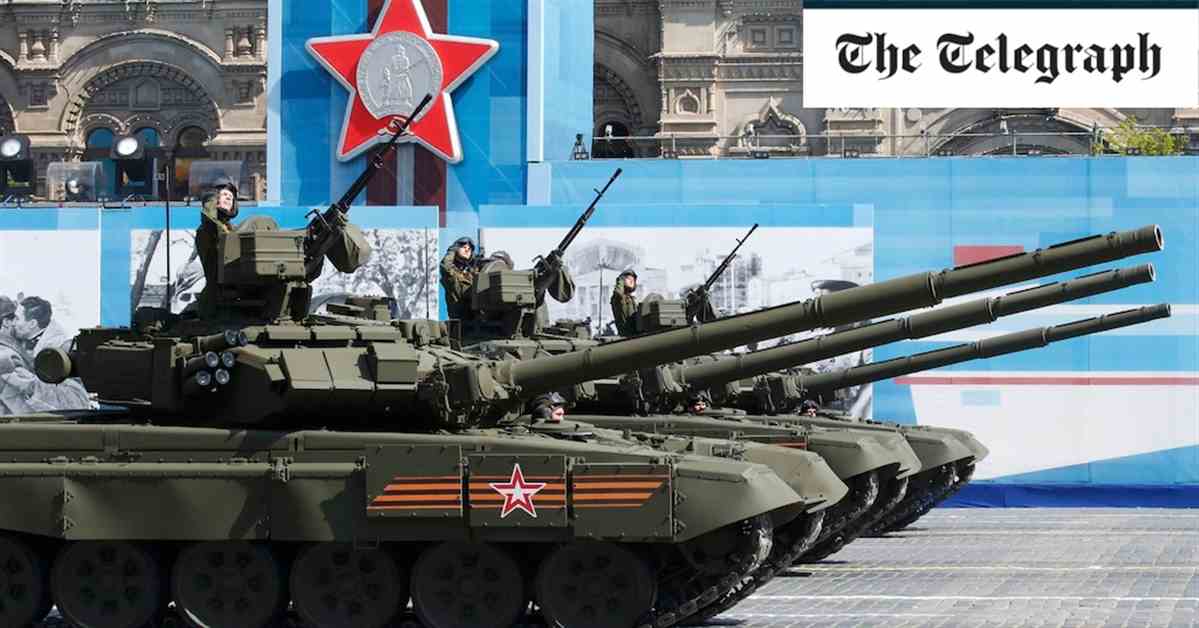Britain’s Military Strategy: Lessons from History
As the 80th anniversary of D-Day approaches, the world reflects on the pivotal moments of World War II and the strategies that led to victory for the Allies. The recent conflicts in Europe bring to light the importance of military tactics and the lessons we can learn from history.
During World War II, the Allies’ success was due in part to their ability to mobilize vast amounts of men and materiel. The race to establish a foothold in Normandy highlighted the significance of air and naval power in preventing the Germans from reinforcing their positions. Quantity played a crucial role, with Britain and the United States producing staggering numbers of aircraft and tanks to support the war effort.
While German tactical skill and weaponry have been praised, the impracticality of sophisticated equipment like the Tiger tank became evident. The focus on quality over quantity hindered Germany’s ability to mass-produce essential weapons, leading to a shortage of tanks compared to the Allies’ vast numbers of Sherman and T-34 tanks.
Today, the importance of mass in military strategy remains relevant. The balance between advanced technology and sheer numbers is crucial in determining battlefield outcomes. The British reliance on costly, limited-production weaponry raises concerns about the effectiveness of such equipment in modern conflicts.
As discussions around defense strategy continue, the need for a comprehensive review becomes apparent. The focus on high-tech solutions must be balanced with the reality of potential threats from adversaries like Russia and China. Investing in mass-produced deterrence measures may prove more effective in deterring aggression and maintaining security.
Looking back at history, it is clear that the lessons of the past still hold significance today. Emphasizing mass and practicality in military planning can shape more effective defense strategies for the future. As we navigate the complexities of modern warfare, the echoes of the past remind us of the enduring value of tried and tested approaches in ensuring security and peace.
Authors: Hamish de Bretton-Gordon, former commander of the 1st Royal Tank Regiment, and James Holland, historian.
